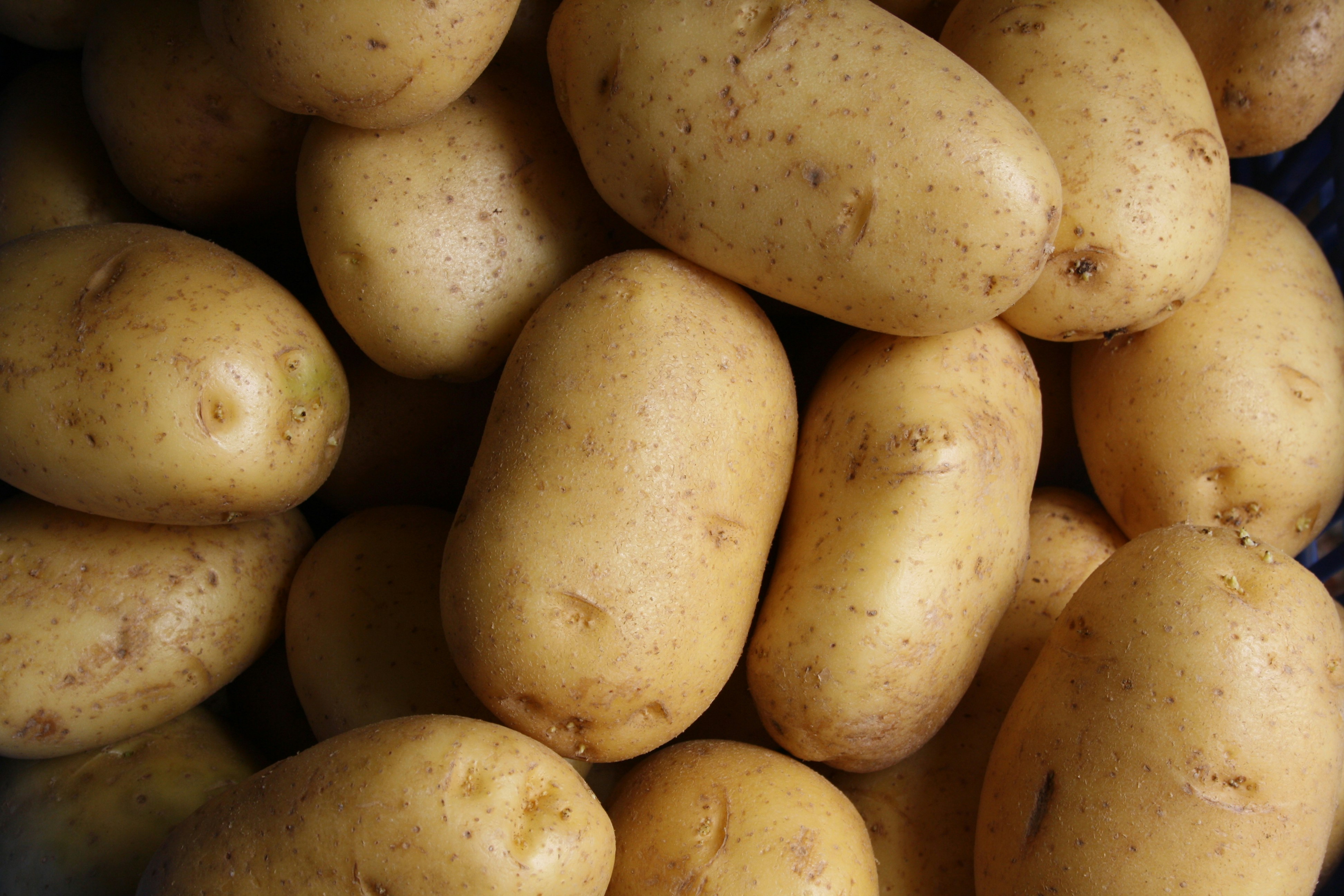Neophobia or fear of new foods is a condition where people may develop an irrational aversion towards unfamiliar or new foods. A new study has shown that food neophobia may lead to poor dietary quality and may even increase risks of chronic ailments. The study indicated that people who have a phobia of new foods or food items may have raised risks of developing serious lifestyle illnesses including Type-2 diabetes and cardiovascular diseases. In food neophobia, a person refuses to even sample or taste new foods. The condition is being recognised as abnormal eating behaviour and this study has said that it may impact a person's long-time healthy by raising risk factors for a number of chronic diseases.
The study titled, "Food neophobia associates with poorer dietary quality, metabolic risk factors, and increased disease outcome risk in population-based cohorts in a metabolomics study" was published in the American Journal of Clinical Nutrition. The study was conducted by researchers at Finnish National Institute for Health and Welfare, the University of Helsinki, and the University of Tartu in Estonia. For the study, researchers looked at participants between the ages of 25 and 74 years during a seven-year follow up. The researchers looked at health-related biomarkers of the participants like levels of fatty acids, citrate, High Density Lipoprotein (HDL) or good cholesterol etc.
There was observed a negative association between the severity of the food neophobia and levels of omega-3 fatty acids. The researchers also observed reduce dietary quality, increased fasting serum insulin and increases risk of Type-2 diabetes in people who were food neophobic. The study concluded by saying, "In the Finnish and Estonian adult populations, food neophobia was associated with adverse alteration of health-related biomarkers and risk factors that have been associated with an increased risk of noncommunicable diseases. We also found that food neophobia associations with omega-3 fatty acids and associated metabolites are mediated through dietary quality independent of body weight."
(This content including advice provides generic information only. It is in no way a substitute for qualified medical opinion. Always consult a specialist or your own doctor for more information. NDTV does not claim responsibility for this information.)







